September 2026
Full time
Four years
Available
Suzhou
XJTLU undergraduate students earn two degrees: an XJTLU degree recognised by the Chinese Ministry of Education and a globally respected University of Liverpool degree.

Knowledge and skills
By the time you graduate from the BEng Electrical Engineering, you will have:
- an understanding of the fundamentals of electrical and electronic engineering and related problem-solving skills;
- the necessary knowledge and skills in mathematics, software programming, and engineering design and management; and
- transferable skills such as problem-solving, analytical skills, critical thinking, communications, teamwork and project management.
This programme will expose you to the underlying working principles of electrical and electronic systems, ranging from small microelectronic devices to modern power systems. You will learn the state of the arts related to micro-/electronic devices, renewable energies, smart grids, and transport electrification, as well as use the modern laboratory and computing facilities closely related to industries and postgraduate research.
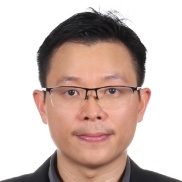
Cheeshen Lim
Programme director
Modules
*Programme modules listed are illustrative only and subject to change. XJTLU students are advised to log in to the e-Bridge Portal to view the effectuated module structure.
Xi’an Jiaotong-Liverpool University offers a wide range of courses in the first year, including English for academic purposes (EAP), mathematics and physics, and humanities and social sciences. Click to learn more.
Core Modules
Core Modules
Core Modules
Optional Modules
Careers
Graduates from this programme will be well-prepared for the positions of electrical and electronic engineers, control and instrumentation engineers, process engineers, as well as the emerging hardware and/or software-focused EE careers in areas like advanced integrated circuit design, third-generation semiconductor-based power electronics, electric vehicles (and charging), renewables and energy storage. Graduates will also gain a solid foundation required for subsequent postgraduate studies in areas like electrical and electronic engineering, renewable energy, and power electronics and drives.
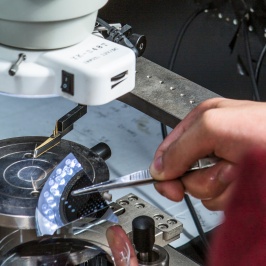




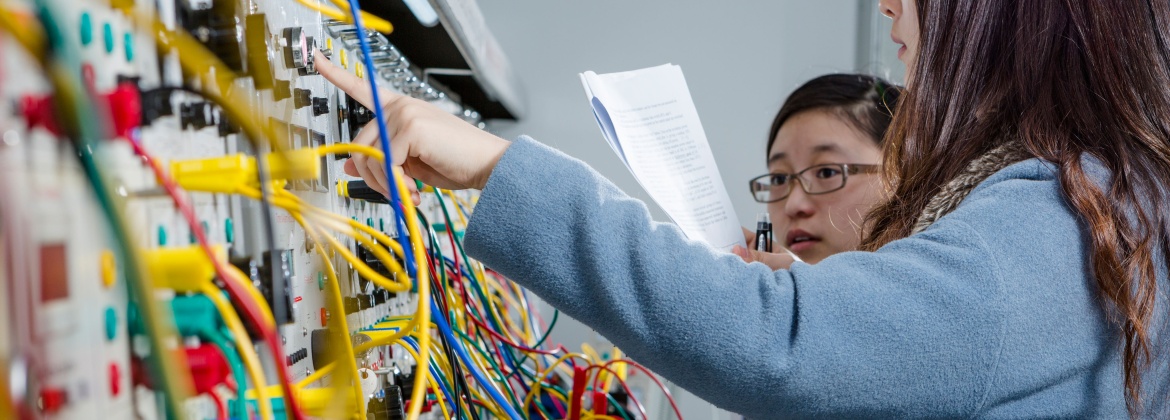

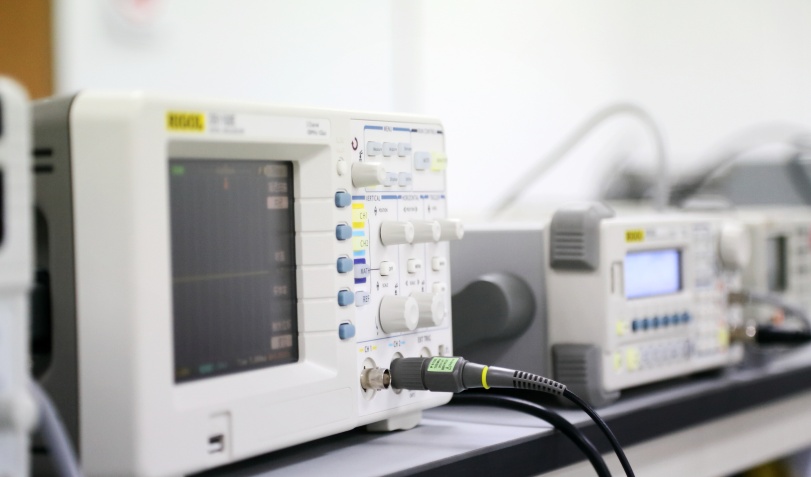
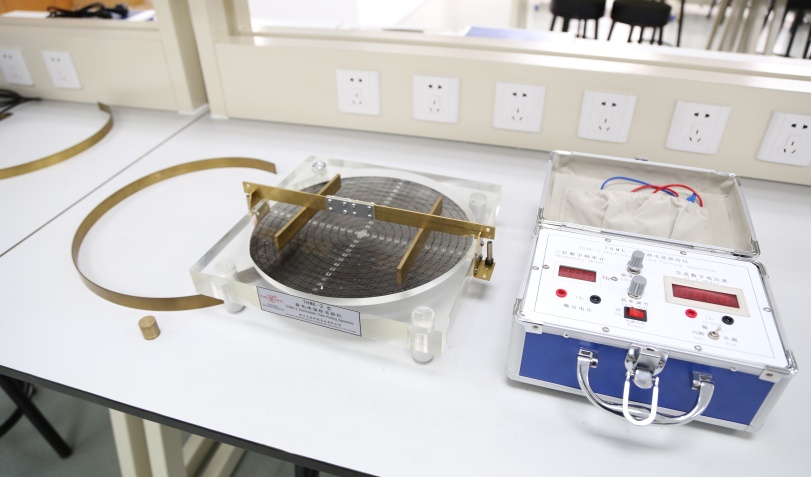

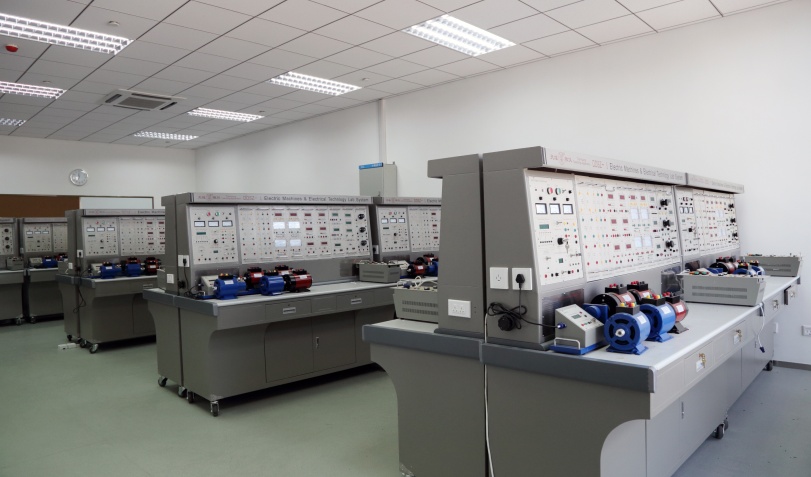


Overview
The BEng Electrical Engineering programme will expose you to the fundamentals of electrical engineering (EE), such as conventional and renewable power generation, transmission, and distribution, electromechanical devices, protection and management. It will also equip you with the necessary electronic and algorithmic knowledge that forms an integral part of today’s electrical systems in wide-ranging applications (from small electronic gadgets to large power system).
The modern world’s electrical system is becoming more critical than before due to the increasing adoption of the digital lifestyle, electrified transportation, renewable generation, and AI-related massive infrastructure. The learning of electrical engineering therefore goes beyond the classical electrical subjects of generation, transmission, and distribution of electrical energy. In Year Two, you will learn the fundamental theories and working principles of electrical and electronics. In Year Three, you will learn more specialised knowledge about energy conversion, electromechanical systems, power systems, digital and power electronics, and also integrated circuits. In Year Four, you will have the option to expose yourself to more advanced subjects ranging from micro-/electronics to smart power grids.
Why should I study Electrical Engineering at XJTLU?